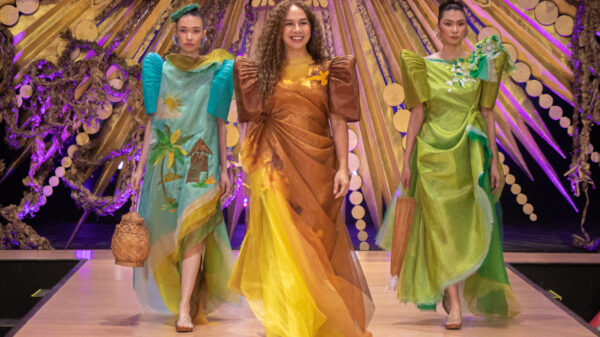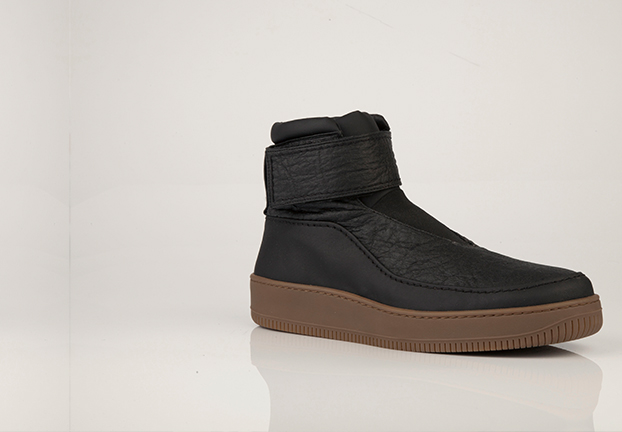The demand for vegan clothing, shoes, and accessories continues to skyrocket as shoppers grow increasingly concerned about the cruelty to animals, environmental impact, and worker abuse involved in the production of animal-derived clothing. Now, an innovative new material called Piñatex is the first fabric to receive a “PETA-Approved Vegan” logo for supplying compassionate designers and shops with a sustainable, high-performance vegan leather.
Piñatex, created by textile company Ananas Anam, is made from the fibers of pineapple leaves grown in the Philippines. These are a byproduct of the fruit’s harvest, so no extra land, water, or pesticides are required to produce the material.
Carmen Hijosa, founder of the company, visited the Philippines in the 1990s to work as consultant in the leather-goods industry but was appalled by the quality of materials and toxic impact on the environment. This prompted her to look for leather alternatives, and her inspiration came from the Barong Tagalog, a traditional Filipino shirt woven with the fibers of pineapple leaves.
Ananas Anam has now developed a new industry that has enhanced the standard of living in rural areas as Filipino farmers are able to sell fibers as a commercial and viable proposition.
Furthermore, farming communities benefit from the output of natural fertilizer and biogas, which are byproducts of fiber extraction. The fibers are extracted and processed in the Philippines before being shipped abroad for final processing. Piñatex is the product of seven years of research and is already being used by the fashion brands Po-Zu, nae, and Vegatar.
“Ananas Anam’s Piñatex fabric uses cutting-edge technology to create cruelty-free designs that are both sustainable and chic,” says PETA Vice President Jason Baker. “PETA celebrates innovations that show how outdated wearing animal skins is and how easy it is to look fabulous while being kind to all living beings.”
PETA—whose motto reads, in part, that “animals are not ours to wear”—notes that animals killed for leather endure castration, branding, tail-docking, and dehorning without painkillers before being skinned and dismembered alive. In addition, tanneries are notorious for polluting the surrounding land and water as well as exposing workers to excessive amounts of toxic chemicals, including arsenic.
The “PETA-Approved Vegan” logo allows designers and retailers to showcase their cruelty-free items and raise awareness of sustainable and ethical fashion.























































































